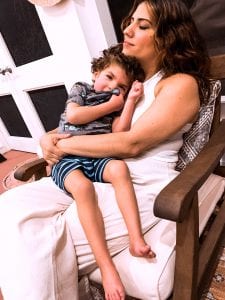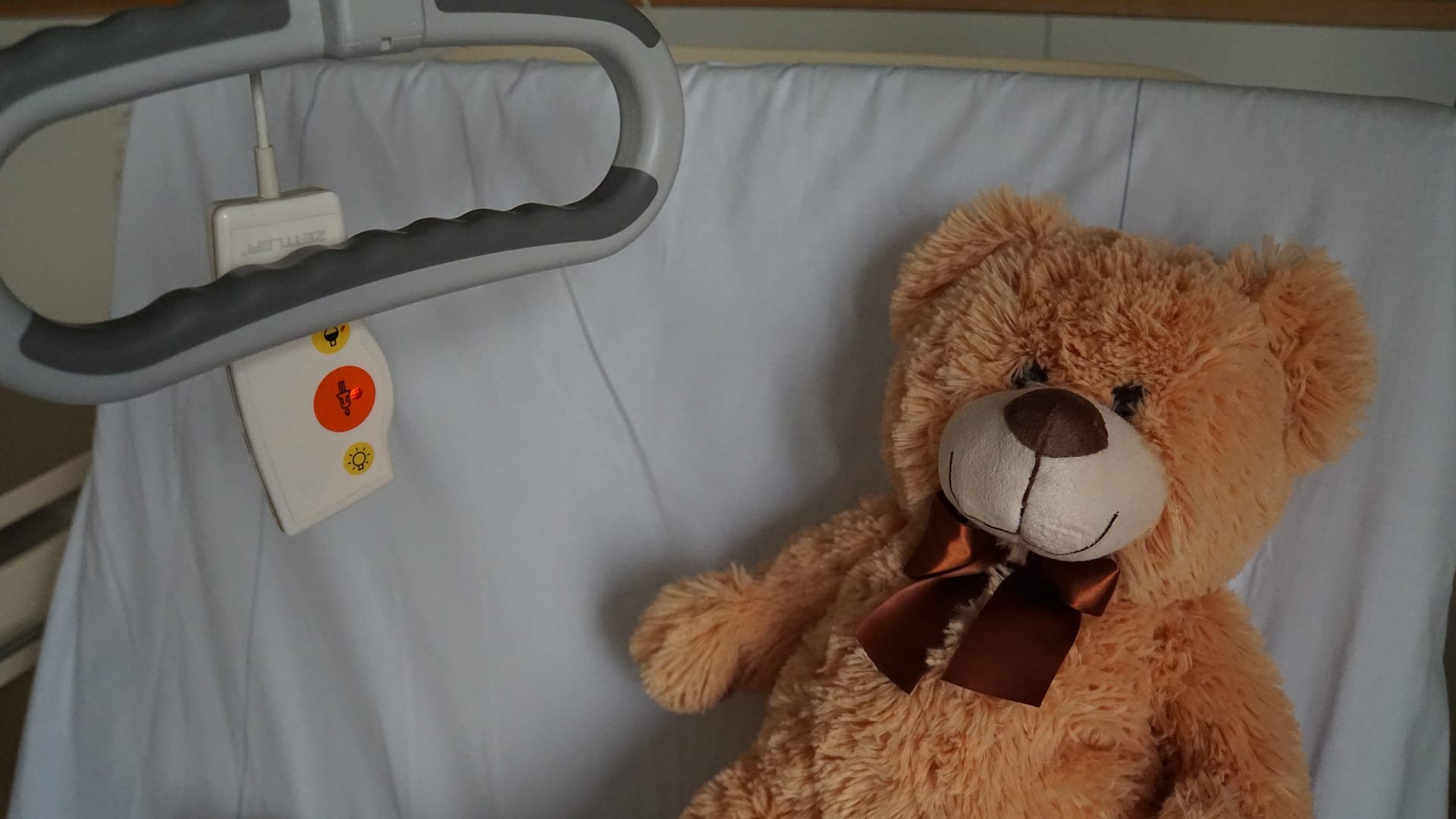 At this point, we’re aware of the real-time effects of COVID on the human body. We’re just starting to see what the long term effects may be, and although the medical community is hyperaware of the collateral damage being caused by COVID…the public may just now be realizing how big of a deal COVID can be for non-COVID patients.
At this point, we’re aware of the real-time effects of COVID on the human body. We’re just starting to see what the long term effects may be, and although the medical community is hyperaware of the collateral damage being caused by COVID…the public may just now be realizing how big of a deal COVID can be for non-COVID patients.
With a sister on the medical front lines in Florida, and a son with special needs here in the hot spot of New Orleans, the downstream effects of COVID on non-COVID patients are ever so present on my mind. The biggest red flag I see waving in front of my face from the moment I wake up to the moment I go to sleep is the
The decrease in the Consistency of Medical Care.
Many parents of children with high needs and individuals with chronic illness and/or disabilities are experiencing what my family is going through right now: prioritizing appointments — very necessary, very important appointments. And not just prioritizing when they will happen, but if they will happen.
We are in the thick of this right now, having moved back from out of state. With a care team of more than ten medical professionals, every doctor needs to see my son to re-establish him as a patient. We need these doctors to write prescriptions ASAP to avoid a gap in medical treatments which include important medications, formula, and medical supplies. We have to decide which appointments meet the criteria of a) being absolutely necessary for a physical examination and b) being worth the risk of exposure. Not an easy task when your son has a kidney, heart, and lung disease, and need tons of therapy. In reality, every appointment is necessary — but we do have some wiggle room with timing. Very little wiggle room that we are clinging onto for dear life.
It means we are taking on the tasks of recording blood pressure readings at home, doing all of the maneuverings of Physical, Occupational, Speech, and Feeding therapies, and keeping an eye out for potential emergencies. Do we know exactly what we’re doing all the time? No. We are not trained medical professionals or therapists, but we are doing the best we possibly can. Does the care he’s getting from us at home compare to or replace the care he would get in clinics? Absolutely not. But we don’t have a choice.
It means, and get ready for this one, we have to whittle down the list of reasons to go to the ER to keep him away from positive COVID patients. Most special needs parents will agree that our threshold for emergency room visits is much higher than your average Joe anyway, so that should tell you how big of a deal this is. I can’t always rely on the on-call doctors after hours, because once they see his medical history they’re basically legally obligated to tell me to go to the E.R., and if I don’t then I’m going against medical advice. Super fun. I’ve learned to “triage” at home – count respirations, check capillary reflexes, look for dilated pupils, etc. I’m no replacement for an actual nurse, but keeping him out of the E.R. at this point is more life saving than taking him in when possible.
P.S. You’d be surprised how many things aren’t considered an actual medical emergency.
What this means for other families in similar situations is that their cancer screenings are getting delayed, their elective-yet-lifesaving surgeries are being put on hold (sometimes resulting in death), their transplant surgeries aren’t happening — all because our medical resources are completely drained from the lethal combination of hospital overflow and staff illness.
You don’t have to have COVID, or a severe case of it, to feel profound side-effects from it. Not playing your part in keeping the virus at bay means you’re playing an active role in clogging up our medical system and, in turn, decreasing the quality of care for so many others who need it. This isn’t political. It’s personal. Do your part. Wear a mask when you’re outside the house, physically distance, wash your hands, and think of everyone whose life you are helping when you do so. Help me protect my son. Help me protect my family. I’m begging you.
Sincerely,
A worried momma of a chronically ill child whose future life-saving surgeries are in your hands.

















